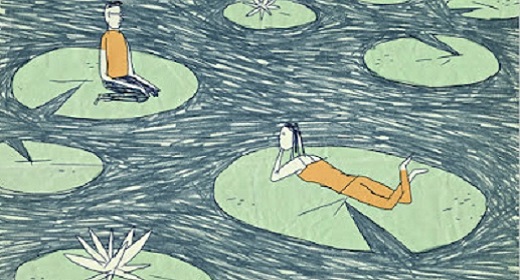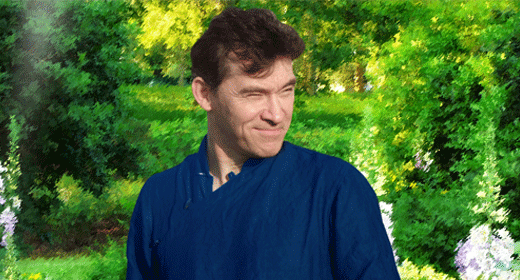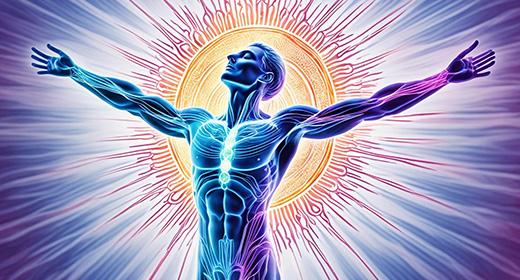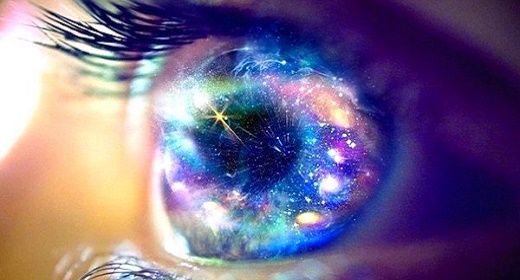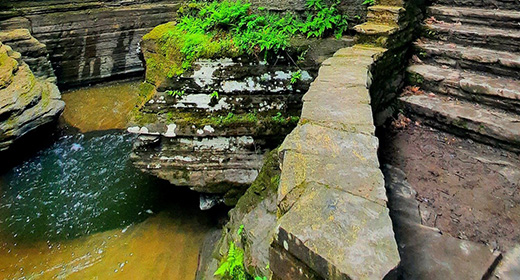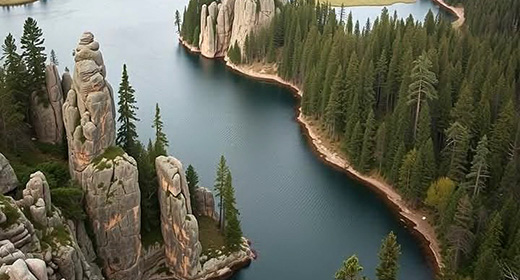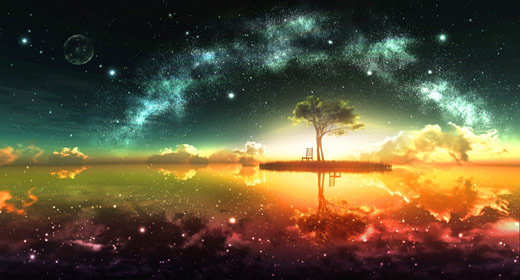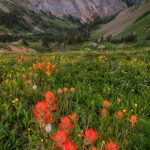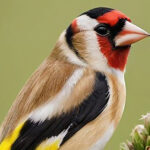David Welch: Would you mind giving your definition of dharma?
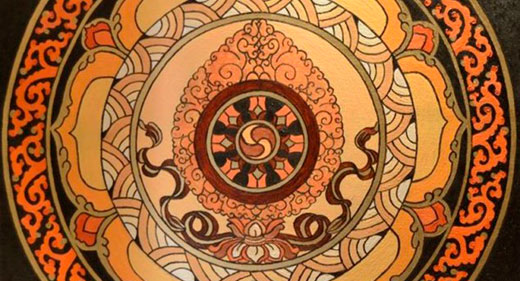
Catherine Ingram: It’s a Sanskrit word. In the translations that you mostly see it’s usually referred to as the truth or the law. My own definition is that of an underlying harmony. Finding an underlying harmony through any circumstance, like a stream that runs deeper under the activities or problems of life—an undercurrent of harmony or clarity. The word tao conveys a similar understanding.
David: Would it have anything to do with seva or service?
Catherine: Well yes, as a matter of fact. When one is attuned in that way and when your own experience of presence is strong and habitual (and, by the way, it doesn’t have to be constant) there is an automatic arising of tenderness that comes with that and with that arising of tenderness comes this impulse to help out wherever you can. It arises organically without it being a should or something that you feel is spiritually correct. It arises directly from the heart. It’s what you want to do when you are in clarity. You want to be light on the earth, you want to be kind to others, you want to help where you can, you’re happy to be generous because it feels good. So, yes, service comes as a byproduct of this understanding.
David: Do you have daily rituals or practices that you follow or would like to recommend to our awakened community?
Catherine: Well, in my own case I live a very quiet life, David. You know, I live alone. At present, I live in a very country-ish place. My yard often has a little herd of deer in it. So, it’s like living in a retreat. A living meditation. So I don’t really have to do anything extra to remind myself of those more quiet moments. But I’m aware that a lot of people lead much more hectic lives. People have jobs and families and often barely a moment to themselves. And I feel compassion for people who are living that way and who perhaps have to live that way in order to support their families or themselves. I do recommend finding, if one can, some moments in the day to touch base with your deep waters. Whether it’s to go for a walk in a quiet place or maybe there’s a park near where you work or even if it’s just a bath at the end of the day. One of my girlfriends who is a psychiatrist once told me that she comes home from a long day of hearing people’s problems and she runs a bath and puts essential oils in the tub and lights candles. It is her ritual of going to what my teacher Poonjaji used to call “the well of nothingness” where nothing is happening, just re-set. Each of us might have our own way of tapping into that well. For some people it might be playing with a puppy or watching the birds or whatever your thing might be. I do recommend having some portion of your day, great or small, whatever you can afford, to tap into that because sometimes even just a few minutes of that can calm you down, can remind you, can open your heart and clear your mind. So, yes, it’s very important and I don’t think there’s some particular formula for accessing it. I think that each of us is unique in terms of how we might tap into that.
David: I have a farm in Tennessee where, when I’m working in my office, I look out and I can see deer, sometimes I can see sixty wild turkeys all at once. I see a raccoon going by, I see my horses. I do spend a lot of time alone, too. So I really resonate with what you just said.
Catherine: You know, that’s such a privilege, such a privilege to live among wildlife as an almost constant reminder of being-ness that is not wrapped up in thought and yet is fully being. It’s not as if the deer aren’t tasting the grass or the birds aren’t tasting the seeds. They are tasting it, that’s why they’re going for them. They’re having experience, maybe it’s more limited than ours, but nevertheless there’s this strong experience that the creatures are experiencing, and we can be reminded of how simple that can be. I think one of the great illnesses of our species is the incredible disembodiment, the separation from nature and from the slower rhythms along with the obsessive amount of living in one’s head and on screens and in constant thrusting forward into future ideas and desires. All of that is very dangerous. It’s producing exactly what we’ve got, a world gone mad. You know, to turn the other direction as you’ve just described, to just look up from your window and see turkeys in the yard and just have a reminder of other types of rhythms in which we have lived for many centuries and which worked out pretty well in terms of sustainability is very important. This is a form of awakening that I like to talk about.
David: Exactly, we are the witness to this miracle and enjoy being present with this being-ness, just pure being, pure is-ness.
Catherine: Yes, absolutely. And isn’t it astounding that so many people don’t understand that such is the basis for happiness and well being. That the other direction from the speed and the thrusting forward and the desires of more, more, the other direction lies well-being and happiness and calm and connection.
Read Part I Here: Awaken Is An Urgency To face What’s Happening On The Planet
Read Part III Here: “Consider The Lilies Of The Field, They Toil Not.”

